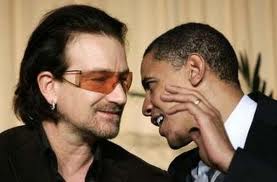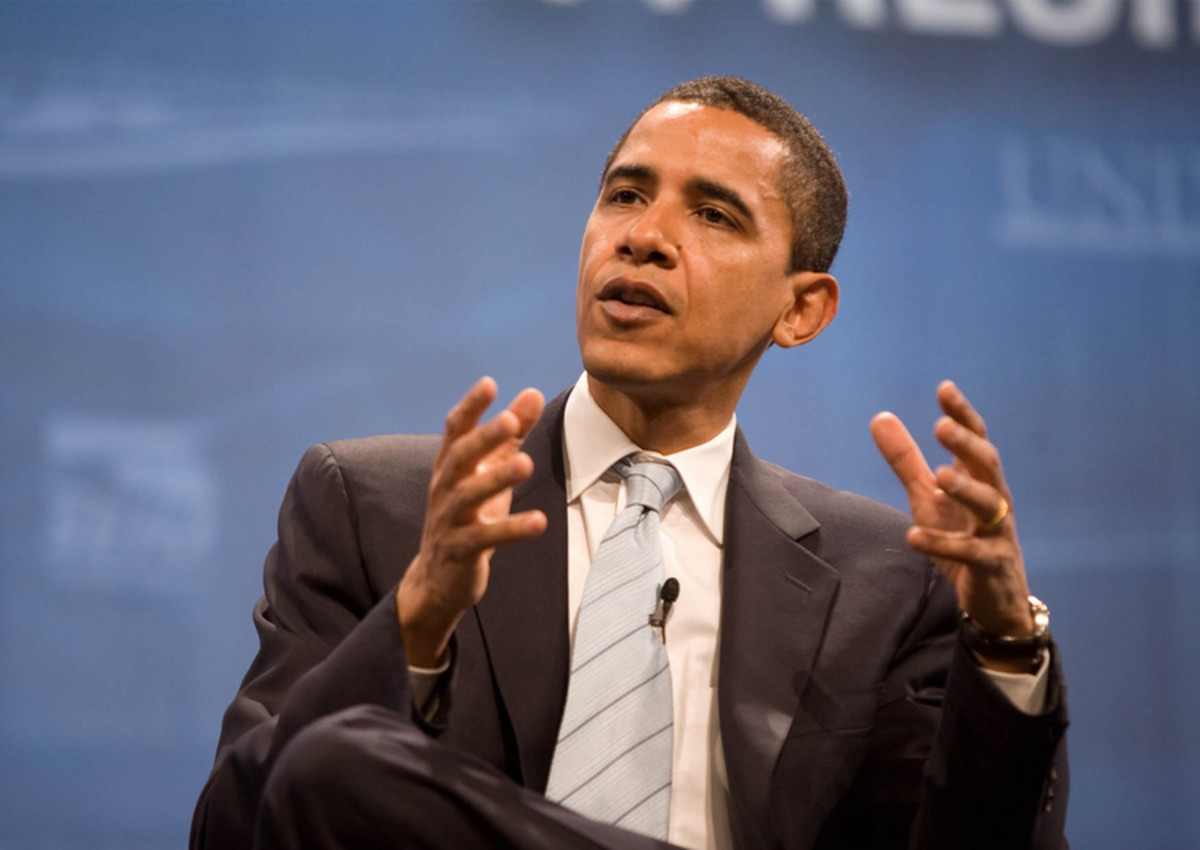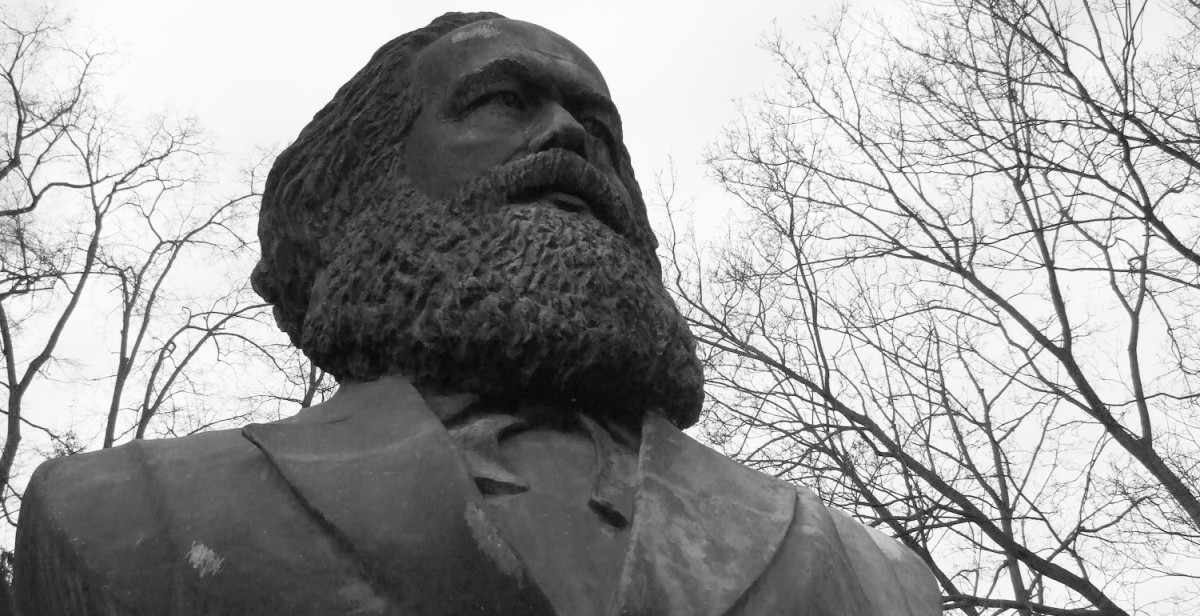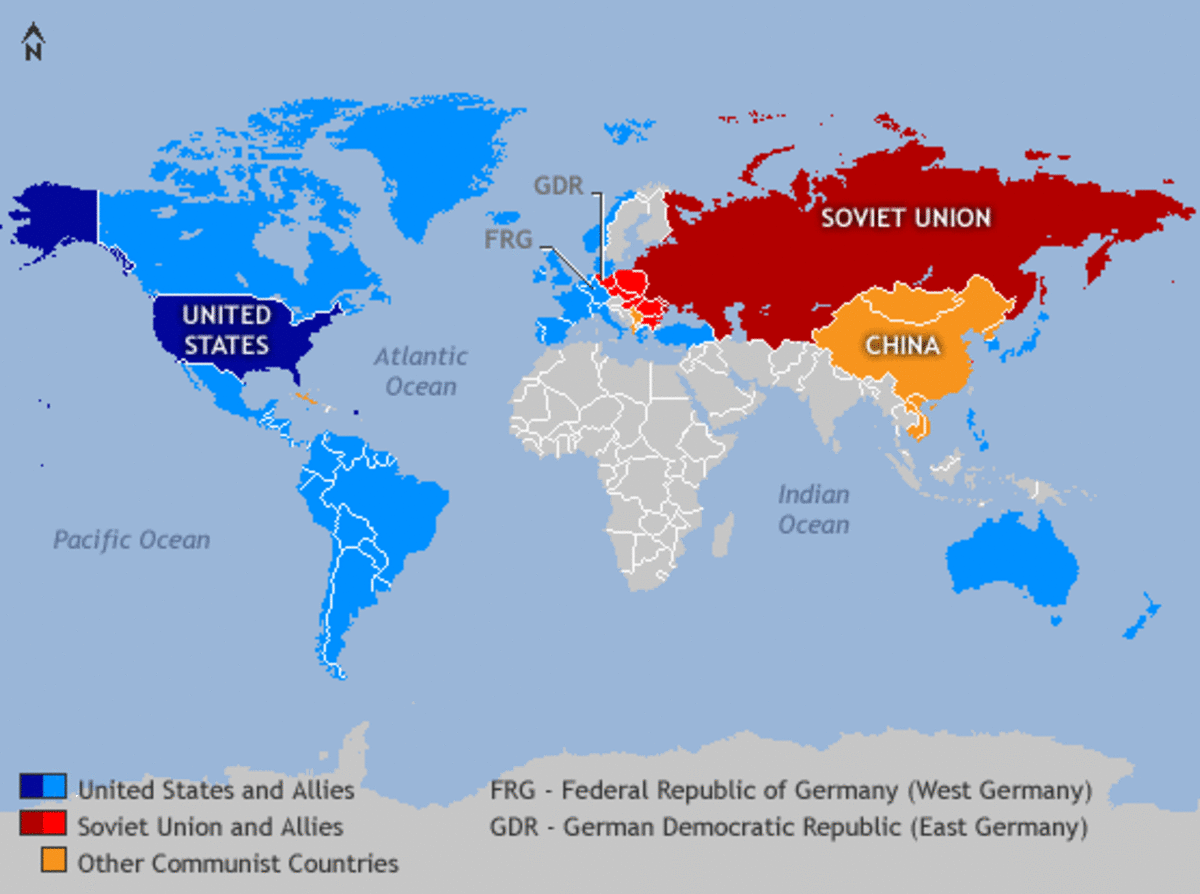President Obama Wins Heisman Trophy!


Oops, He Did It Again
Not really. But our 44th President deserves the Nobel Peace Prize, which he accepted on December 10th, about as much as he deserves college football’s outstanding player award.
Full disclaimers: I’m not an Obama-basher by instinct [more and more lately]. Yes, I voted for him [in 2008 only]. No, I don’t think he’s managed a Congress dominated by his own party very well at all [first two years of administration]. Yes, I like listening to him speak [remains true].
When Obama was announced as the recipient of the Nobel Peace Prize back in October, 2009, audible gasps of stunned dismay were heard among the audience in Oslo, Norway. This was hardly the typical reaction for this staid ceremony, yet upon further examination, perhaps it should have been a more anticipated result.
.............................................................................
Generally, I agree with the axiom, “Don’t blame the messenger.” I’ve seen it happen too often professionally not to be upset by misplaced anger/ vengeance toward someone who presents a constructive point. But given the decision made by the Nobel Prize Committee this year, perhaps it’s more appropriate to say, “Don’t blame the recipient. Blame the messenger in this case.” Unlike the other Nobel Prizes, which recognize completed accomplishments in the fields of physics, medicine, literarature or economics, the Nobel Peace Prize may be awarded to persons or organizations that are in the process of resolving a conflict or creating increased opportunities for peace. It was under this caveat that Obama was recognized for the award. In fact, he had scarcely been in office for a month when he was nominated for the award. The vast majority of people globally - Barack Obama included -seem to feel that the American president was a rather poor choice for this vaunted prize, or at the very least, had gained it prematurely.
I choose the “poor choice” option myself. Consider that this a president who just expanded troop levels in Afghanistan. That may or may not be wise, necessary or prudent militarily – I have no clue - but this is the hallmark of the single greatest peace-invoking soul on the face of the planet? Hmm.
The record so far: Obama inherited two wars from Bush and he’s ended neither. He’s brokered no major peace treaties ending any other conflicts. He’s led to no breakthroughs in diplomacy for frustrated “stateless-nations” (i.e. nationalities who desire an independent country of their own) such as the Palestinians, Chechens or Kurds. He’s called out few if any tyrannical leaders save Mahmoud Ahmedinijad in Iran. And neither has he been able to quell either Iran’s or North Korea’s nuclear ambitions.
So what actually happened? The Nobel Peace Prize Committee, comprised of five Norwegian politicians, seems to have attempted a belated and blatant slap at the unilateralist foreign policy approach of George W. Bush with its choice of Obama for the award. That’s unfortunate. The Nobel Peace Prize shouldn’t be regarded as a political weapon with which to reward or punish. Instead it ideally denotes recognition for saving lives, stopping war, ending the maiming of the innocent, and for being resolutely selfless and single-minded in the pursuit of peace.
................................................................
In selecting an unforeseen and somewhat controversial winner, the committee is treading on familiar ground. Several recent choices for the award have been at least as much of a thinly veiled slap at someone or something the Nobel committee opposes as much as it was an award for promoting peace. An obvious example occurred in 2003 with the surprising selection of Shirin Ebadi, then a relatively little known Iranian judge, as the peace prize recipient. Mrs. Ebadi had been imprisoned by and had labored against Iran’s oppressive theocracy- a stance endorsed, and rewarded, by the politically liberal Nobel committee.
An even more transparent example of this trend, perhaps, was Al Gore’s Nobel Peace Prize award in 2007. (He actually shared the award with the UN’s Commission of Global Climate Change.) Once again, the choice of Gore could be interpreted as a slap at Bush, given the heated presidential battle of 2000 between the two men, in which Gore won the popular vote but lost in both the electoral college and the Supreme Court. The Nobel committee’s recognition of Gore for a peace prize again seemed dubious. While global warming is a subject of primary environmental importance, its connection to global peace is perhaps less clear. And consider this: neither Mahatma Gandhi nor Pope John Paul II won the award and in nineteen separate years since the peace prize was established in 1901, the committee has deemed that no person or organization was worthy of the award. Most recently, this occurred in 1972. So, neither Obama nor Gore won “because somebody had to.” Choosing to vacate the award for a given year can in itself make for a powerful political statement about efforts toward global peace, security and diplomacy.
...............................................
A better choice for the 2009 Nobel Peace Prize? I’ll give you mine. Bono, U2’s lead singer, who has been active with various worthy global causes since 1986’s “Conspiracy of Hope” tour to raise money for Amnesty International. More recently, he has focused his efforts on the world’s poorest continent, Africa. Bono’s charitable efforts have included the fight against the spread of preventable diseases, especially AIDS and tuberculosis. He lobbied world leaders such as Gordon Brown of Britain and Nicholas Sarkozy of France in a successful effort to obtain debt-relief agreements for African countries. In raising $42.6 million in a single night’s auction in 2008 for AIDS relief and medication, Bono said, “I see myself as a servant for Africa.”
As a top-tier rock star and the lead singer for a band as institutionally successfully as U2, Bono could easily shield himself from such issues as poverty, disease and war. Yet he confronts them head on, using his celebrity and clout to raise money, awareness and concern toward the betterment of life for Africans across the continent. Other stars of his magnitude rarely exhibit such unselfish largesse. In this realm, he again serves an example to those to whom much is given.
Depending upon who’s counting, there are currently between 12-15 wars being waged across the African continent. Numerous smaller skirmishes between rival ethnic nationalities vying for scarce resources are not included in this figure. Desperate people are more likely to fight than those with security, hope, and medical care. Bono’s efforts to promote the latter would have made for a far more deserving Nobel Peace Prize selection in 2009 than the “theoretical” and politically motivated choice of President Obama. And I suspect that President Obama himself would agree with that assertion. For now, Bono, who has been nominated for the award three times, remains in the good company of Gandhi and John Paul II, among countless others, who likely deserved but never won the Nobel Peace Prize. There’s always 2010, when perhaps the Nobel Peace Prize Committee will suppress its tendency to make a political statement and instead focus on the efforts and accomplishments of its nominees. But don’t hold your breath.
......................................
Ideally, I’d like to see the system for choosing the Nobel Peace Prize completely overhauled as follows. Every country would get a vote weighted from one to ten for its “peace quotient.” A score of one denotes the least peaceful, most aggressive states. You know, the kind threaten and/ or invade neighbors, build nuclear weapons when they’re barred from doing so by treaty, and so on. A score of ten signifies the opposite: states that promote peace by both their domestic and foreign actions. Maybe they give large amounts of aid to developing countries or provide troops for UN peacekeeping efforts. In general, they avoid war and don’t sell large amounts of weapons. Most countries, including the US, fall somewhere in between those two extremes and therefore might get a “peace quotient” score of five, for example. And the PQ score equates to how many votes a country gets for the Nobel Peace Prize. Say Japan got a score of nine, it could cast all nine votes for its preferred candidate or split the nine votes as it saw fit. Obviously, the more votes a country has, the more input it would have in choosing the winner.
But who decides the “peace quotient” score each country receives? I’d take some highly reputed non-governmental organizations (NGOs), several of which have won the Nobel Peace Prize themselves, and let them be the jury. This group might include the International Red Cross, Doctors Without Borders, Amnesty International, and the Committee to Ban Landmines. If such a jury is deemed “too western,” then find suitable African, Asian and/ or Latin American NGOs to serve as well. Try the Red Crescent, for instance, the Arab world’s version of the Red Cross.
It would be highly interesting (entertaining even?) to see where various countries land each year on the “peace quotient” scale. To see movement up or down along with inevitable controversial placements would be stimulus for thought and conversation.
At the very least, this makes the award more inclusive of more views. Five people in Norway could no longer decide the award based on their own political inclinations.
And maybe under such a system, someone like Bono would be recognized for what he’s done and someone like Obama wouldn’t be recognized for what he might do.







